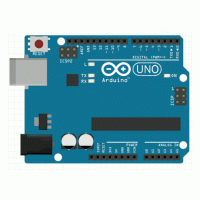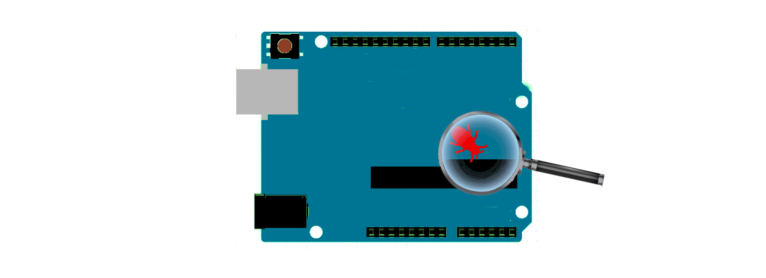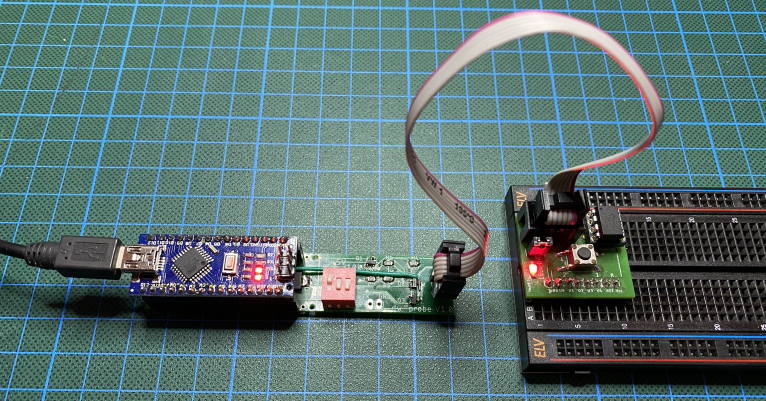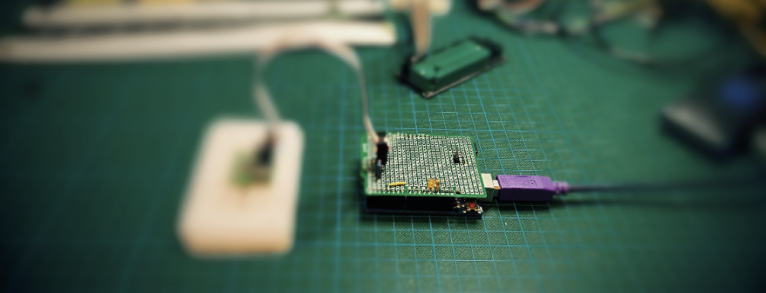The featured image of this blog post is based on vector graphics by captainvector at 123RF.
What keeps people from using a debugger? Well, it is mostly that one has initial costs in terms of setting up the debugging environment and of learning how to use the debugging tool. Hopefully, the next iteration of my hardware debugging tool dw-link, which is able to debug classic ATtinys and ATmegaX8s, will somewhat ease that burden, in particular, because you can buy the accompanying hardware now at Tindie.









